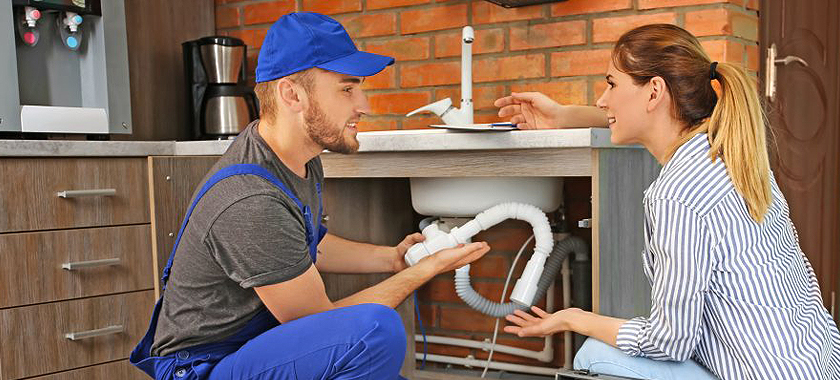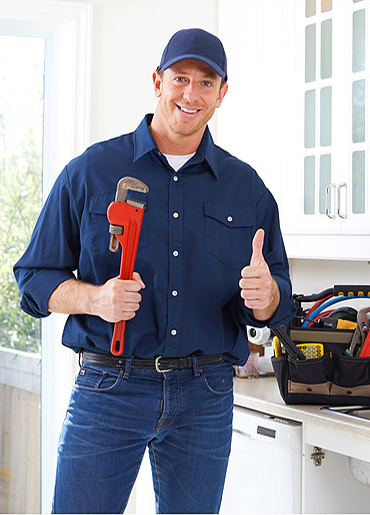Understanding Plumbing Costs: What You Can Expect to Pay Per Hour
Introduction
When it comes to home maintenance, plumbing is one of those areas that can cause a fair amount of headaches. From leaky faucets to clogged toilets, the need for professional plumber service can arise unexpectedly. One of the pressing questions homeowners often have is: What should I expect to pay per hour for plumbing services? In this article, we will explore various facets of plumbing costs, including average rates, factors influencing pricing, and tips for finding a reliable plumber.
Understanding Plumbing Costs: What You Can Expect to Pay Per Hour
So, let's dive right in. Understanding plumbing costs starts with knowing what you’re likely to pay per hour for plumber service. On average, you might find that rates vary anywhere from $45 to $200 per hour. But why such a wide range? It all comes down to a few key factors.
Factors Affecting Plumbing Rates
Location Matters
Your geographical location plays a big role in determining how much you’ll pay for plumbing services. Urban areas usually see higher costs due to increased demand and higher living expenses. Conversely, rural areas may offer lower rates but could lack access to highly skilled professionals.
Experience Level
The experience and expertise of your plumber also influence their hourly rate. A seasoned plumber with years of experience may charge more than someone just starting out in the field. However, paying a bit extra can save you money in the long run if the job is completed correctly on the first try.
Type of Service Required
Different plumbing jobs come with different levels of complexity. For instance:
- Simple tasks like unclogging drains may cost less.
- More complex issues like sewer line repairs or installing new systems can lead to higher charges.
Time of Day
Did you know that emergency services typically carry a premium? If you find yourself needing emergency assistance after hours or on weekends, be prepared for increased rates.
Average Plumbing Costs by Type of Service
| Service Type | Average Cost | |-------------------------|----------------| | Drain Cleaning | $100 - $300 | | Faucet Installation | $150 - $350 | | Toilet Repair | $100 - $200 | | Pipe Replacement | $200 - $500 | | Water Heater Installation| $800 - $1500 |
Hourly Rate Breakdown
When considering hourly rates, it’s essential also to factor in additional charges:
- Service Call Fees: Many plumbers charge an upfront fee just for arriving at your home.
- Materials: The cost of materials necessary for repairs or installations can add up quickly.
- Travel Expenses: If your residence is far from where the plumber operates, travel fees might apply.
Understanding Plumbing Costs: What You Can Expect from Different Plumbers
Licensed vs. Unlicensed Plumbers
You might wonder whether hiring a licensed plumber is worth it compared to an unlicensed one. Generally speaking, licensed plumbers are bound by regulations and standards which ensure quality work—this often translates into slightly higher hourly rates but peace of mind knowing you're getting a professional job done right.

Choosing Between Independent Plumbers and Companies
Independent plumbers might offer lower rates due to reduced overheads. However, well-established companies often provide warranties or guarantees on their work—an important consideration when budgeting for plumbing costs.
Negotiating Rates with Your Plumber
Feeling pinched? Don’t hesitate to ask about discounts or flexible payment plans! Some plumbers are willing to negotiate prices based on your specific situation.
Additional Costs Beyond Hourly Rates
Permit Fees
If your plumbing project requires permits (which many do), this will add another layer of cost. Always check local regulations prior to beginning any work that could require official approval.
Insurance Considerations
Hiring a plumber who carries liability insurance protects both parties in case something goes wrong during the job—an essential aspect worth considering when looking at overall costs.
FAQs About Plumbing Costs
1. How much does an emergency plumber cost?
Emergency plumbers typically charge significantly more than standard rates—expect around 1.5 times your regular hourly rate.

2. Are there flat-rate charges for certain types of jobs?
Yes! Many plumbing companies employ flat-rate pricing models based on common tasks like installing fixtures or repairing leaks.
3. What’s included in a service call fee?
A service call fee generally includes travel time and an initial consultation regarding your plumbing issue; however, it doesn’t usually cover any repairs made during that visit.
4. Can I get free estimates from plumbers?
Many reputable plumbers offer free estimates before starting any work—just be sure they provide written documentation outlining costs involved!
5. Should I tip my plumber?
While not mandatory, tipping is appreciated! A good rule of thumb is around 10% if you're satisfied with their work.
6. How can I tell if I'm being overcharged?
To avoid overcharging scenarios, research average prices beforehand and consider obtaining multiple quotes from different providers before making your decision!
Conclusion
Understanding plumbing costs is crucial for every homeowner who desires smooth-running pipes and hassle-free bathrooms! By grasping what affects hourly rates—from experience levels and location down to time-of-day considerations—you’re better equipped to budget accordingly while seeking quality service The original source providers who deliver reliable results without breaking the bank.
In summary, always do thorough research before diving into any plumbing project; ask questions upfront about fees associated with labor and materials so there are no surprises later on! A little preparation goes a long way toward ensuring satisfaction with your next encounter with a plumber!
By now, you should have a comprehensive understanding of what you can expect when hiring professional services related to plumbing costs—and as always, don’t hesitate to reach out if you have further inquiries!
